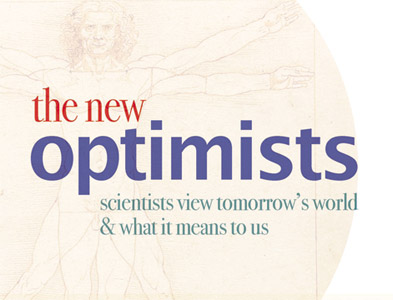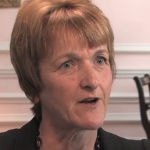Consultant neurologist Professor Adrian Williams of the Queen Elizabeth Hospital Birmingham has radical ideas about the impact of ageing on the human brain.
Ageing, he suggests, is down to energy trade-offs that prioritise growth, development, reproduction and informatics which then take their toll later on; ageing diseases can therefore be thought of as the ‘side effects’ within a thermodynamically run environment . . . If this is so, will therefore better redox husbandry make us potentially immortal?
Adrian Williams has been the Professor of Clinical Neurology, Queen Elizabeth Hospital and University of Birmingham since 1989. Previously he trained at Cambridge, National Hospital for Nervous Diseases, London and NIH Bethesda. He has written several books, including co-authoring Parkinsons: The ‘At Your Fingertips’ Guide. His work on using implants (a kind of brain ‘pacemaker’, and deep brain stimulation inf the treatment of Parkinson’s was recently widely reported. See also the BBC report of this research trial.
In his research work, Professor Williams has recently rediscovered descriptions of Pellagra and its many manifestations including premature ageing and parkinsonism and reinterpreted some aspects of its pathogenesis such as the excess infection rate with NADH supplying symbionts. He first described MPTP poisoning causing Parkinsonism in 1979 and is interested in xenobiotic biochemistry in particular the nicotinamide methylation path and more generally in the evolutionary origins of disease.










